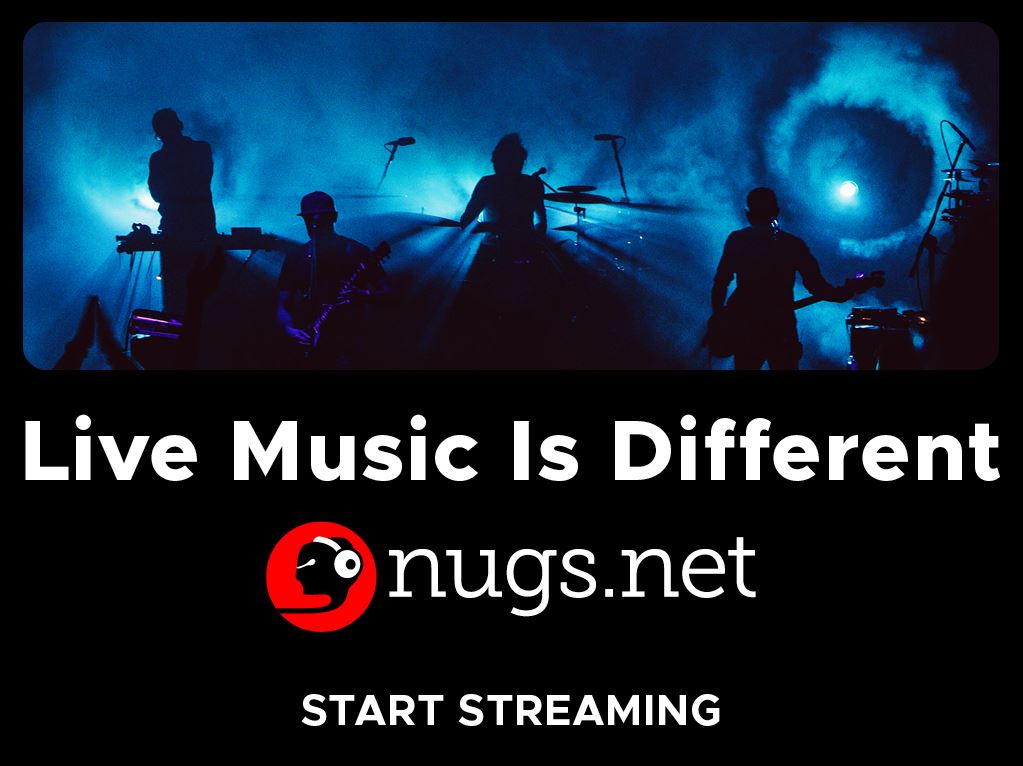In a wide ranging, excellently written article about Bruce Springsteen loaded with interesting, amusing and sometimes wrenching insights into the man and his band from past and present E Street Band mambers, The New Yorker's David Remmick manages to present a closer look at Springsteen himself and the people closest to him than many writers have managed to get. We Are Alive - Bruce Springsteen at sixty-two, a remarkable 15,000 word Profile on The Boss appears in the July 30 edition of the magazine and can be read online.
The piece recounts the sparce years that Bruce and other eventual members of the E Street Band led a haard scrabble existance playing seaside bars and lived in a surfboard factory. It also fleshes-out some details about the stormy relationship Springsteen had with his father in terms that suggest that Bruce went relatively easy on him during the years that he would preface his cover of the Animals song It's My Life in concerts with stories about his late-night run ins with a father that waited up for his son to come home from gigs so he could badger him about wasting his life trying to be a musician. Guitarist Steve Van Zandt called Doug Springsteen 'scary', adding, '...all fathers were scary', and '...scared of what we were becoming, so they felt they had to be more authoritarian. They hated us, you know.'
Bruce adored his mother, but the tormented relationship he had with his father and fears over what Remmick describes as the 'paralyzing depressions' and his cutting comments and outbursts directed at his son had to have weighed on Bruce far more than he let-on. Whether his father's rage toward Bruce was driven by fear for his son's future or just self loathing over what had become of his own life is anyone's guess. If it was the former, Doug Springsteen lived long enough to find out how wrong he'd been to think what his son was involved with would ultimately be worthless, but a comment Springsteen made to Remmick makes you wonder whether his father ever admitted that or apologized to Bruce over the times he tore into him. Of his father's take on his son's eventual success Bruce said, 'He might not have liked the songs, but I think he liked that they existed' It meant that he mattered.'
Deeper in the article Remmick gets Bruce to talk a bit about his problems dealing with achieving enormous success doing something he loved while having come from a family that struggled to get by doing a daily grind. Biographer Dave Marsh went so far as to characterize Springsteen as 'feeling suicidal' in the early 80's, the period that produced the sparse, dark and brooding album Nebraska. Bruce said his issues stemmed from '...the undertow of history and self-loathing'. His form of self-medication became doing marathon concert sets because on stage he could suspend the torment and conflict he felt during daily life.
That daily life seems to have gotten a lot better now that he has his own family. Patti Scialfa, now only an occasional member of the E Street Band, tells Remmick that therapy helped her husband '...look at himself and battle it out.' Bruce says he recognizes that reserving some torment is helpful, saying that if an artist gets '...extremely pleased with yourself, nobody would be fucking doing it! Brando would not have acted. Dylan wouldn't have written Like A Rolling Stone, James Brown wouldn't have gone 'Unh!' ', adding, 'That's a motivation. that element of 'I need to remake myself, my town, my audience' - the desire for renewal.'




